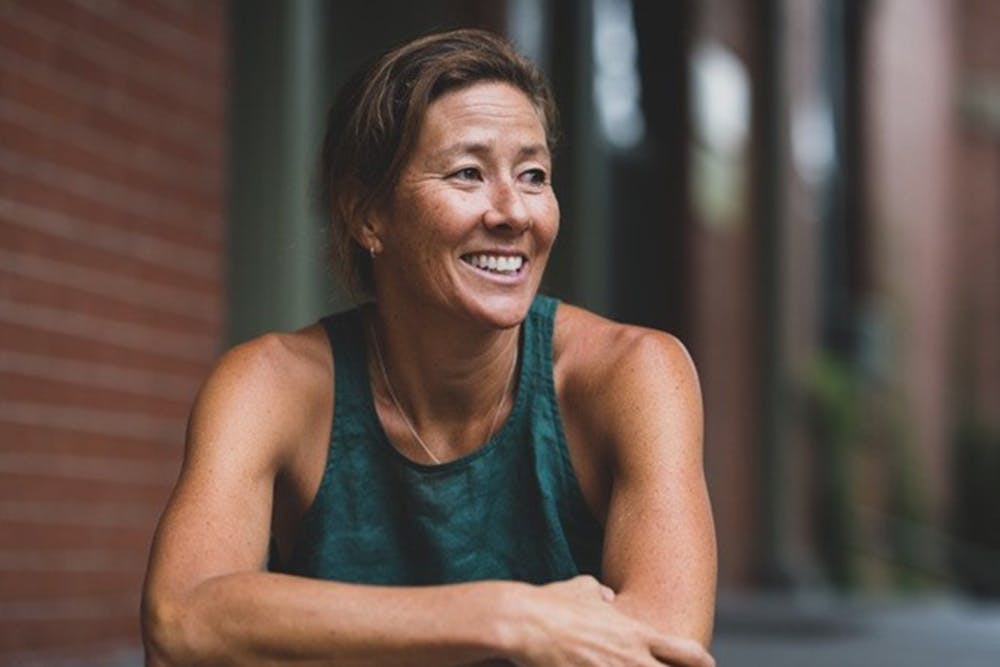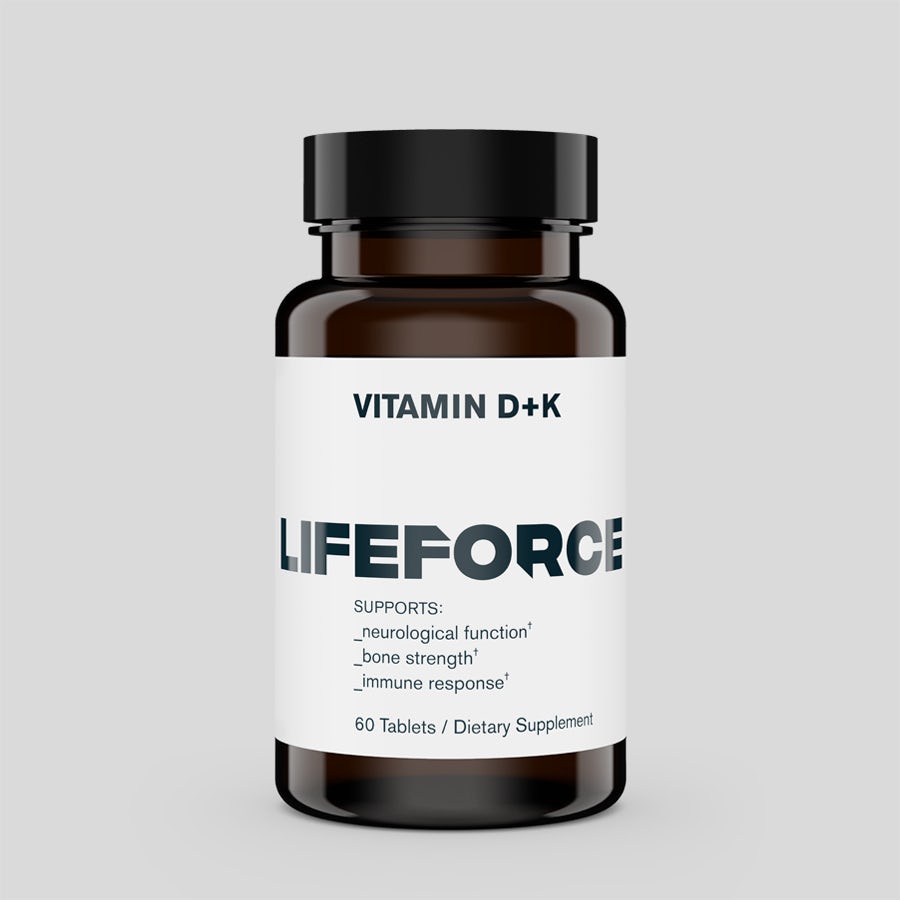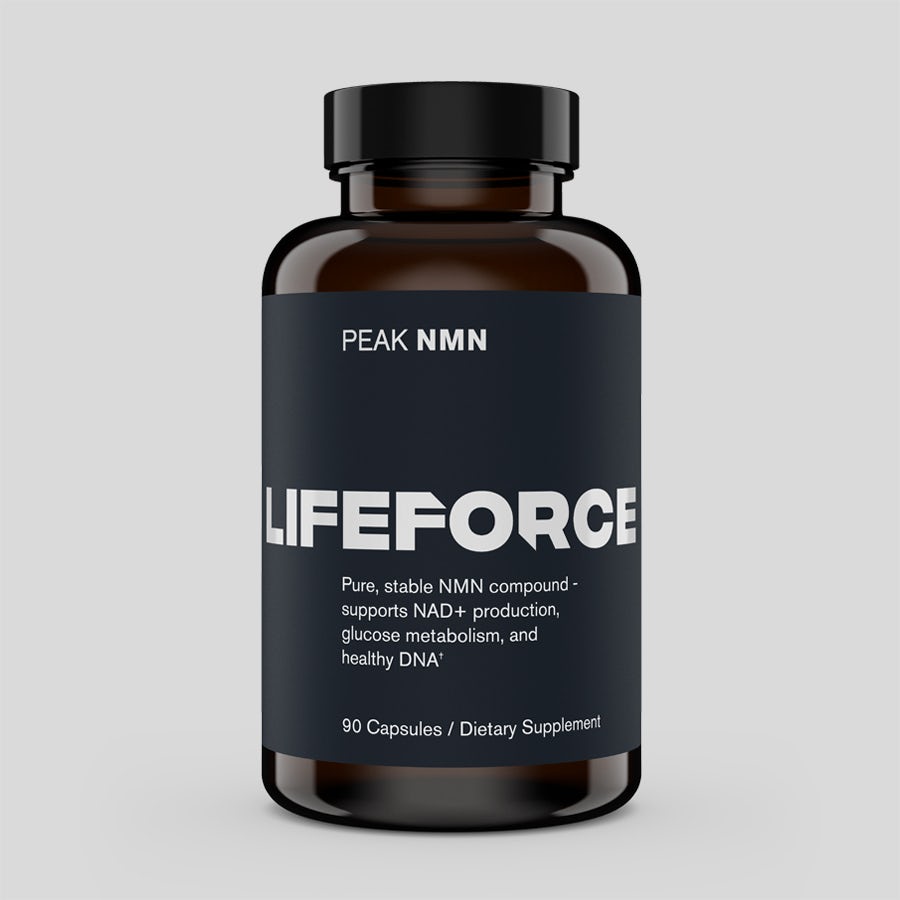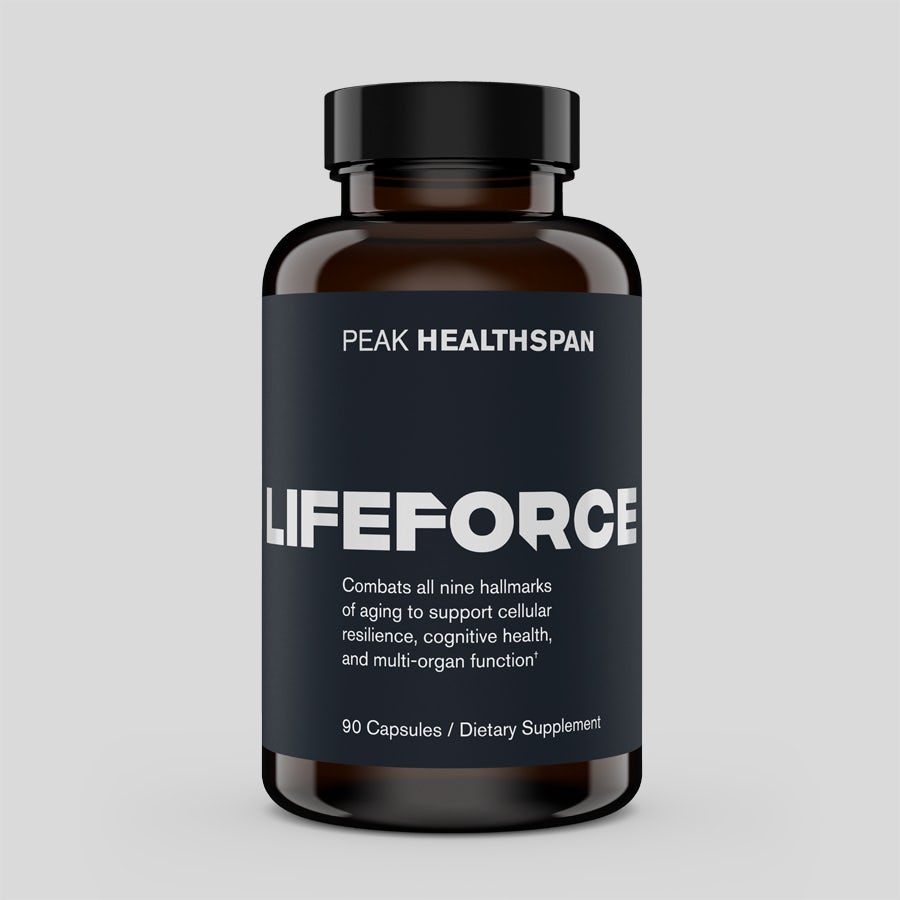As a 51-year-old mother of two who tends to worry about anything and everything, I used to not want to know just how healthy, or unhealthy, I was.
I’m active, possibly over-active. I run trails and roads, swim laps, lift weights, Nordic ski, snowboard, play volleyball, hike, climb, etc. But I also have a genetic hypermobility disorder that I’ve known about for roughly eight years.
I eat healthily, with a mostly vegetarian diet. I prioritize organic, seasonal vegetables. I’m a backyard gardener and my husband is a fantastic cook. I eat minimal preservatives. But I’m also a home baker with a sweet tooth.
I have a terrible family history: cancer, Parkinson’s, heart disease, dementia, bipolar disorder, and my connective tissue disorder (diagnosed as Ehlers-Danlos Syndrome) that can cause all sorts of painful alignment issues. The list of ailments that have afflicted my immediate and extended family used to be something I’d rattle off to doctors or friends without much emotion.
But now that I’m older, those afflictions are more real. And they scare the crap out of me.
That fear factor is a big reason why I’ve never done any sort of genetic testing. Aside from being perfectly content knowing, or should I say, “thinking,” that I’m half-Korean, a quarter Irish, an eighth English, and an eighth Scottish, I sure as heck don’t want to know which of my family’s diseases I’m going to get and when.
Whether it was brought on by watching both of my parents deteriorate with their illnesses for years and then pass away, or if it’s been brewing in me my whole life, I’ve come to terms with the fact that I suffer from anxiety. And though I have it under control these days, I know myself well enough to be aware that being told I’m predisposed to Parkinson’s or dementia would throw me into mental turmoil, and likely create all sorts of other health issues.
The flipside of fear of the unknown, however, is that knowledge is power. And since Lifeforce’s formula of doing bloodwork, having a consultation with a physician, being given a Lifescore, and receiving concrete suggestions for improving my overall health seems more proactive than simply being diagnosed and festering like a stressed out timebomb, I decided to open my eyes to where I’m at, and learn what I can do about it.

The Process
Like anyone who signs up with Lifeforce, I filled out an online survey about my lifestyle — my sleep patterns, diet, moods, libido, etc. I had a blood draw to test all sorts of biomarkers, taken in the comfort of my own home. I then had a virtual meeting with a Lifeforce clinician and functional medicine expert, Tanya Zucco, PA-C, who ran through my lab results with me and explained what each marker meant. And as a new feature for Lifeforce members, I was given what’s called a “Lifescore.”
I explained to Zucco that I have historically been afraid of bad news. Cue: ignorance is bliss, and no news is good news.
Medication-wise, I take hypothyroid medication daily, and I have been for a couple of years. “All is well medically with me right now,” I told Zucco, “aside from this menopausal gut that I have that I never had before that I hate.”
She assured me that her goal was to educate me on where I stand in regards to my biomarkers, and what those biomarkers can teach me. “What can we learn about you?” she asked. “How can we use those biomarkers to prevent premature death?” she asked. (Premature death has always terrified me, but much more so since having children. It’s the ultimate FOMO.) Then, in response to what was likely a pained look on my face, Zucco quickly said, “Or how can we, rather, use those biomarkers to reduce your risk of adverse events such as cardiovascular events, osteoporosis, and different neurodegenerative things? How can we use those biomarkers to improve your quality of life? How can we also use those biomarkers to slow down cellular aging so that we hopefully reduce the risk of decreasing the life we do have or extend it. How can we make that better?”
Okay, I could breathe.
“We’ll just have a conversation about it all,” assured Zucco.
And we did. Not to my surprise, my key risk factors, which I’ve inherited and can’t control much of, are high. Lipoprotein(a) “has a very strong genetic predisposition,” said Zucco.
“What this tells us is that at baseline is that you have higher levels of inflammation, genetically speaking,” she said. “But if you look at these markers that you have the control to change, they're really good.”
“It just means that your goal of managing inflammation is a little bit different,” she said. “Your focus is a little bit more important than someone else who perhaps has a lower lipid protein.”
My organ health looked good. My cholesterol and blood sugar levels looked good, but could be better, as could my critical nutrients — namely, vitamin D — because of my elevated LipoA. Zucco advised me to implement a little protein with my carbs during longer, slow workouts. And after my training, to make sure I recover well with protein.
My hormone levels are a bit of a mess, as I’m post-menopausal. To build testosterone naturally, advised Zucco, I can be weight training more often, eating one gram of protein per every pound of my ideal bodyweight, and occasionally eating Brazil nuts (rich with the mineral selenium).
After the virtual appointment, Zucco wrote out all we had discussed, gave me concrete suggestions for changes to my diet and exercise habits, advised me on what Lifeforce supplements I could order and start taking, and offered me a connection to a certified health coach through Lifeforce.
Also, with Lifeforce’s launch of their new Lifescore earlier this month, I was given an overall score for my health. Out of 100, mine was 71.
“Holy crap,” I thought. “That’s a C-. I can do much better.”

My Lifescore
The Lifescore, says Dr. Vinita Tandon, Lifeforce Medical Director, “combines three components: how you’re doing in general in terms of feel and function; your risk for developing a chronic disease which can accelerate mortality; and your biological age.”
My score was computed by the survey I filled out when signing up with Lifeforce, my biomarkers based on my bloodwork, and my family history as well as lifestyle factors.
My Quality of Life Index, according to Lifeforce, shares how I’m doing in terms of optimizing my key biomarkers that impact my energy, focus, libido, mood, and body composition. (Mine was a 39 out of 50. Again, as a mother of two school-aged boys, I know this is not a great “grade.” It got my attention.)
I knew my Longevity Risk score would be low, considering my family histories. I have three (heart health, cognitive decline, and cancer) of the five significant health conditions that cause complications or premature death in my family, with the other two being diabetes, and osteoporosis. Lifeforce believes that “by being proactive in measuring, monitoring, and addressing specific preventive measures, you can protect yourself, and ultimately increase your healthspan and longevity.” (I was nine points off the top end of 35 and scored a 26 here.)
“Our goal is to keep your risk as low as possible,” says Dr. Tandon. “No matter where you fall, your Lifeforce team will work with you to get you where you need to be so that you can live the healthiest life possible.”
And my Biological Age…well, that was where my number was more positive than negative. Likely due to my need for outdoor exercise and general activity, my 51-year-old body is living like it’s 45. That gave me a positive difference of six years, or six points. “The biological age is a marker of how quickly or slowly your cells are aging, and looks at organ health including kidney and liver function, bone marrow health, and inflammatory markers,” says Dr. Tandon.
My 39 + 26 + 6 gives me a 71.
With the launch of Lifescore, explains Dr. Tandon, any time a new client has their blood drawn and fills out the intake form, a score will be generated.
“More than anything,” says Dr. Tandon of the Lifescore, “we don't want it to be fear-inducing. We want it to be motivating. We give you actionable steps to move the dial.”

My Plan of Action
Upon learning that, in fact, I am predisposed to some scary health conditions due to genetics, I decided to make some immediate changes in my diet and my lifestyle. Since I’d lost my previous life’s (or, premenopausal) perfectly flat stomach in recent years, I thought I’d cut out gluten for a while and see how I felt…and, if I’m being honest, looked.
Generally speaking, gluten isn’t bad, and I’m a baker. But since it’s an inflammatory substance and I’m already high on the inflammatory scale, I wanted to eliminate it from my diet for a while.
I shopped for spaghetti squash and zucchini noodles, cauliflower cheese puffs, and rice cakes. I’ve been stewing black, kidney, and white beans on a stovetop on weekends for protein, and also eat plenty of dairy, tofu, and nuts.
What I found with eliminating gluten — bread, pasta, my homemade cookies — is that I’m eating a lot more protein than I had been before. I’m not filling up on carbs; I need the protein to feel satiated. Plus, I’m ingesting so many more vegetables — something I always thought I ate a lot of, but when I paused to look at my diet, realized I hadn’t been getting as much as I thought. I’d been making sure my sons ingest plenty of fruit and vegetables, while not really taking as good of care of myself.
I have cottage cheese and blueberries for breakfast. I eat handfuls of walnuts. I have a Vega Protein smoothie daily, sometimes with just milk, and sometimes blended with a banana, mangos, and kale, spinach, or beets.
I’m not perfect. I drink alcohol, though I haven’t had an IPA in two weeks. I love French fries and salty chips (but have switched from flour to corn tortilla chips). I’m known to pound handfuls of dark chocolate chips after lunch.
But I feel better. My gut might be shrinking, if not just a little bit. What’s more, is that I feel like I’m taking what I’ve learned through the Lifeforce process, and my low Lifescore of 71, to put my health in my own hands. I am now aiming to improve my biomarkers and my Lifescore by the next time I have a blood draw and a virtual appointment with Zucco, which is in 2.5 months.
Will I remain gluten-free that whole time? I’m not sure. I might gradually reintroduce it after a month or so, but at much lower amounts than before. As Zucco advised, I need to supplement vitamin D (with K), get my thyroid medication balanced, continue lifting weights, and continue fine-tuning my diet. I can also consider Hormone Replacement Therapy (HRT), and other supplements like spermidine (for brain health) and berberine (for healthy blood sugar levels), and nutrients like zinc and selenium which affect my testosterone levels, all recommended by Zucco.
But I’m a better version of myself, knowing what I know now. It turns out, knowledge is power, and I’m feeling more powerful than ever.
Ready to take charge of your health with just one number? Learn your Lifescore HERE.
This article was medically reviewed by Vinita Tandon, MD, ABIM Board Certified in Endocrinology and Metabolism.






